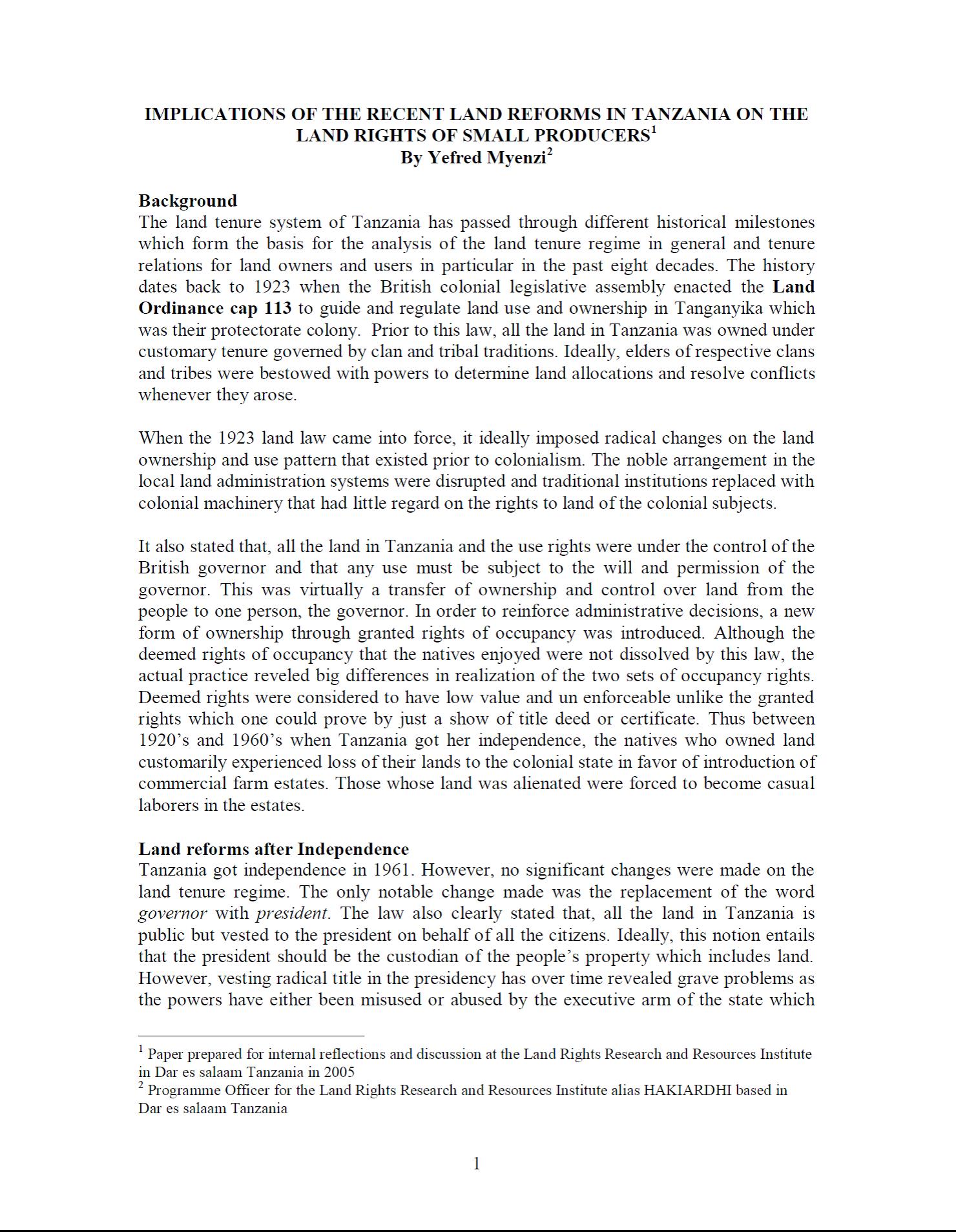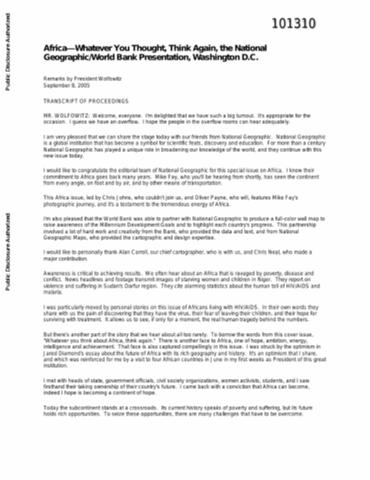The impact of agroforestry-based soil fertility replenishment practices on the poor in Western Kenya
Western Kenya is one of the most densely populated areas in Africa. Farming there is characterized by low inputs and low crop productivity. Poverty is rampant in the region. Yet the potential for agriculture is considered good.







